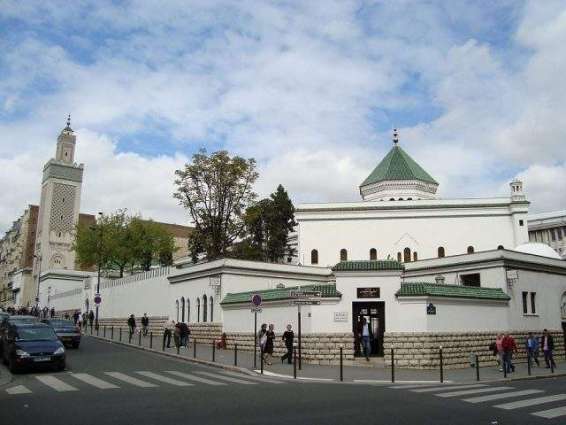Europe urgently needs to work out a common approach to the training of imams and to share best practices on the ways to counter religious radicalization after the recent series of terror attacks in France and Austria, participants of the online event "Combating Religious Extremism and Terrorism in Europe What Next?" on Friday believe
GENOA (Pakistan Point News / Sputnik - 20th November, 2020) Europe urgently needs to work out a common approach to the training of imams and to share best practices on the ways to counter religious radicalization after the recent series of terror attacks in France and Austria, participants of the online event "Combating Religious Extremism and Terrorism in Europe: What Next?" on Friday believe.
On Wednesday, French media reported that President Emmanuel Macron met with the French Council of Muslim Worship and asked it to come up within two weeks with the charter of the values of the Republic that its member organizations and affiliates should respect. This move came as part of the French efforts to consolidate training and accreditation of religious community leaders in the country after the terror attacks on France and Austria from late October to early November.
"We need to create conditions on the European level in order to train imams. Otherwise, other countries will do so, like Turkey. Erdogan would like to rein over Islamic communities," Manuel Valls, the former prime minister of France, said.
He added that the Turkish community with the use of financial support is seeking to control Sunni islam communities in Europe.
"From the legal, political and religious points of view, we need to control, in order to help to construct the enlightened Islam religion," Valls said.
Among the values that should be specified in the charter required by Macron, there should be the mentioning that Islam in France is a religion and not a political movement, according to the French media.
Member of the British House of Commons and former Special Envoy for Freedom of Religion and Belief Rehman Chishti believes that such measures alone cannot be effective, and instead what is needed is cooperation with the religious leaders themselves, as well as the sharing of best practices among the countries in Europe.
"What we are seeing in France and what we saw in Vienna with the issue of individuals being suck into the poisonous ideology in places of worship, I think the solution to it is in sharing good practices between our European partners and the United Kingdom on how to address it," Chishti said.
He made the example of the UK government's decision to introduce rules that require any faith organization that received over 5,000 Pounds in funding to declare it, in order to comply with transparency standards.
Moreover, religious leaders should be called to "unmask any attempt to manipulate God for the ends that have nothing to do with him or his glory," he added.
Ahmed Mansour, an Islamism expert and author from Germany, also highlighted the need for a common European approach to the problem of radicalization.
"What is still missing, what is a big challenge is to find a European global solution. After such attacks, we see weak places in the cooperation between the authorities, between the police or secret services. We need more exchange of information," Mansour said.
Earlier this week, Marco Lombardi, director of the Italian Team for Security, Terroristic Issues and Managing Emergencies, told Sputnik that the European Union lacks information sharing between the anti-terror agencies. At this moment, only the principle of exchange of items of information is in place � when knowledge is given in return for some other piece of information � but completely sharing is impossible, given that there is no pan-European dedicated institution for it, like the European intelligence.
"We have to promote our deradicalization, but we need to do it professionally. There are a lot of good projects, but there are no standards," Mansour added.
The event, "Combating Religious Extremism and Terrorism in Europe: What Next?" was organized by the Institute for Freedom of Faith and Security in Europe, an initiative of the Conference of European Rabbis.
Europe is seeking to ramp up its fight against radical Islamism and terrorism after several brutal religiously-motivated attacks in France and Austria in October and early November. A 21-year-old man from Tunisia killed three people in a church in France's southern city of Nice, including two by beheading, on October 29. Two weeks prior, a 17-year-old local Muslim teen beheaded a Parisian teacher who showed caricatures of Islamic prophet Muhammad during a freedom of speech lesson. Another terrorist attack took place in Austria on November 2, claiming the lives of four people, excluding the perpetrator, and injuring 17 others.




